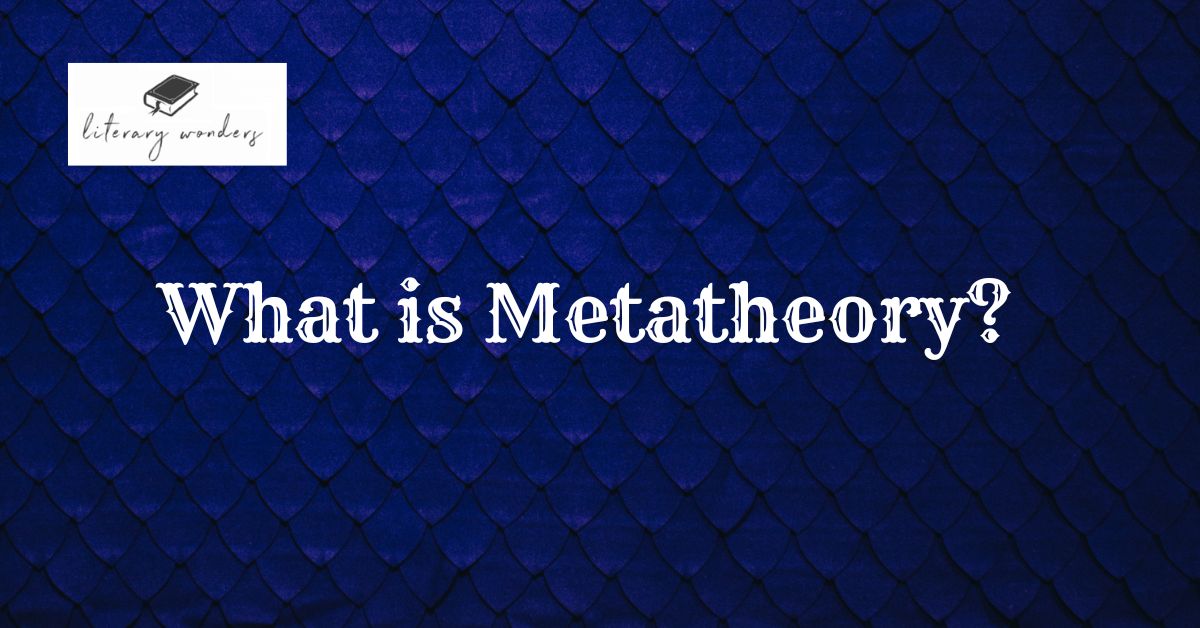Definition of Metatheory
Metatheory is a theory concerned with the investigation, analysis, or description of the theory itself. It is important in the sciences, engineering, and mathematics. The reason is that many of these fields rely on mathematical proofs to make progress. Metatheory refers to the study of theories, and it’s important because it applies to almost any theory you come across in your life. To understand why certain proofs work and others don’t, it’s crucial to understand metatheory.
A metatheory provides insight into the process of developing and validating these proofs. Also, it helps to understand the system of assumptions you need to be aware of to consider them valid. David Hilbert. A German Mathematician provided the most obvious example of a metatheory in 1905. He used this theory to set some elementary proof of the consistency of mathematics. Later, Rudolf Carnap, a philosopher of language and science, further extended Hilbert’s idea under the headings of logical syntax and metalogic. In this new edition, he intended to study formalized language in general.
Importance of Theory
Theories in general guide and provides meanings to what we see and feel. For example, many people read certain books because they want to feel a certain way about life. They want those emotions and then will go out of their way to read those books. The reason because there are plenty of authors who provide that type of experience in their work. But, when somebody reads from start to finish and enjoys what they find, oftentimes that could be due to something else altogether. We need metatheories in literature because otherwise we would never be able to understand what our own desires are as they pertain only to ourselves alone.
Metatheory in Literature
Metatheory in literature can be a complex idea that requires further reading for an explanation. In literature, metatheory refers to the study of theoretical concepts. It allows theoreticians to look at any theory explaining it layer by layer. In this sense, metatheory is relevant in literature. It helps to study various theoretical concepts and ideas revolving around a single concept.
For instance, if you want to study Postcolonialism, you will first dig out its origin, principles and other relevant ideas that helped shape this theory. In this sense, metatheory in literature allows critics to study and differentiate between ideas and concepts that formulate important features of various theoretical concepts.
Thus, a lot of literature uses theory to give meaning to seemingly simple texts. Meta-theory in literature means looking at how a theory explains, describes, or discusses other approaches. Meta-theories can help you see how something like fantasy or science fiction is defined and where it comes from.
Conclusion
To sum up, metatheory is not specifically relevant to literary theory. Rather it is relevant to theories and concepts applied in various other fields such as; humanities, mathematics, social sciences and cultures. A person who intends to study complex theoretical concepts and while studying he theorize them further is a student of metatheory.
Suggested Articles

